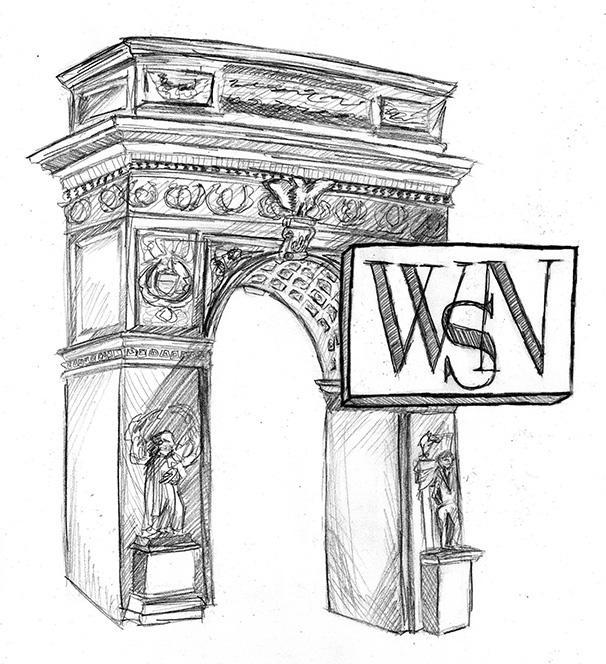Students recently reported having financial aid, previously awarded for scholarships or work-study, be redistributed to pay for usage of the Courtesy Meals Program — which provides food-insecure students $75 Dining Dollars upon request, no questions asked. According to a student interviewed by WSN, the Courtesy Meals Program Coordinator was informed of NYU’s decision on the same day that the students had been. By the end of the week, the university changed its response, saying that students wouldn’t be charged after all. Though NYU has said it would resolve the issue, it is still unclear if it has been taken care of completely. What’s particularly troubling is that the university only took action after students complained. Regardless of the specifics, one can’t help but ask: why did any of this happen in the first place? And more so than why, what does this mean for students who depend upon the program to meet their needs?
The Courtesy Meals Program was launched in 2016 and aimed to help students struggling with food insecurity by offering them 75 Dining Dollars, no questions asked. It was proposed to modify that amount this year to 25 Dining Dollars and five meal swipes. Before the 2017-2018 academic year, Courtesy Meals was not publicized due to fears by NYU’s administration that it would be exploited by students. Because of this, the program was only used by 30 to 40 students per semester. Last academic year, though, the university began to promote the program, and the number of participants dramatically rose to 1,933. This highlights NYU’s widespread problem of food insecurity — a nationwide survey reports that over half of college students face this problem.
More so than the issue of communication — or lack thereof — this incident puts the reputation of the Courtesy Meals Program at risk. Though the problem at hand has been resolved, the idea that NYU would charge its students without notifying them will have a chilling effect on those who might need this service in the future. Students might be less inclined to use the program in fear of future charge. Why call this program a “courtesy” if students’ usage depends on a financial exchange? Beyond criticizing the university for its lapse in judgment regarding this temporary issue, this situation gives us another opportunity to think about how we deal with the problem of food insecurity, and how many of the solutions we have in place simply aren’t enough.
The Courtesy Meals program itself was formed to give assistance to NYU students who cannot afford to pay for their meals; these students constitute over 20% of NYU’s student body. When NYU decided to charge students for Courtesy Meals, it made a significant statement about itself and its values. The university has a responsibility to do all it can for those in need within its community. When it introduced the Courtesy Meals Program, NYU promised to help its food-insecure students; when NYU took money from those students’ financial aid to pay for the food that it had said would be free, the university reneged on that promise. Regardless of whether or not the money has since been returned, the original action stands: NYU charged students for a service that they promised to provide for free.
The recent incident highlights multiple issues with NYU’s administration. NYU’s failure to clearly communicate the redistribution of funds for Courtesy Meals and its decision to reverse its actions after being called out by students reaffirms the notion that NYU will not act in its students’ interest until students force them to reckon with their injustices. The failure to advertise Courtesy Meals in the first place also sheds light on NYU’s dismissal of lower-income, food-insecure students. NYU’s confusing actions with the Courtesy Meals Program is symptomatic of its inability to deal with food insecurity among the student population efficiently. The university’s past failures to promote the program plus its failure to communicate the redistribution of funds for participants show that the administration has serious apathy about the problem of food insecurity. These actions have an effect on how students perceive the resources made available for their use. The university has an obligation to stick to the promises it’s made — and taking aid from students should never be the solution.
A version of this article appeared in the Monday, Nov. 11, 2019 print edition. Email the Editorial Board at editboard@nyunews.com.























































































































































